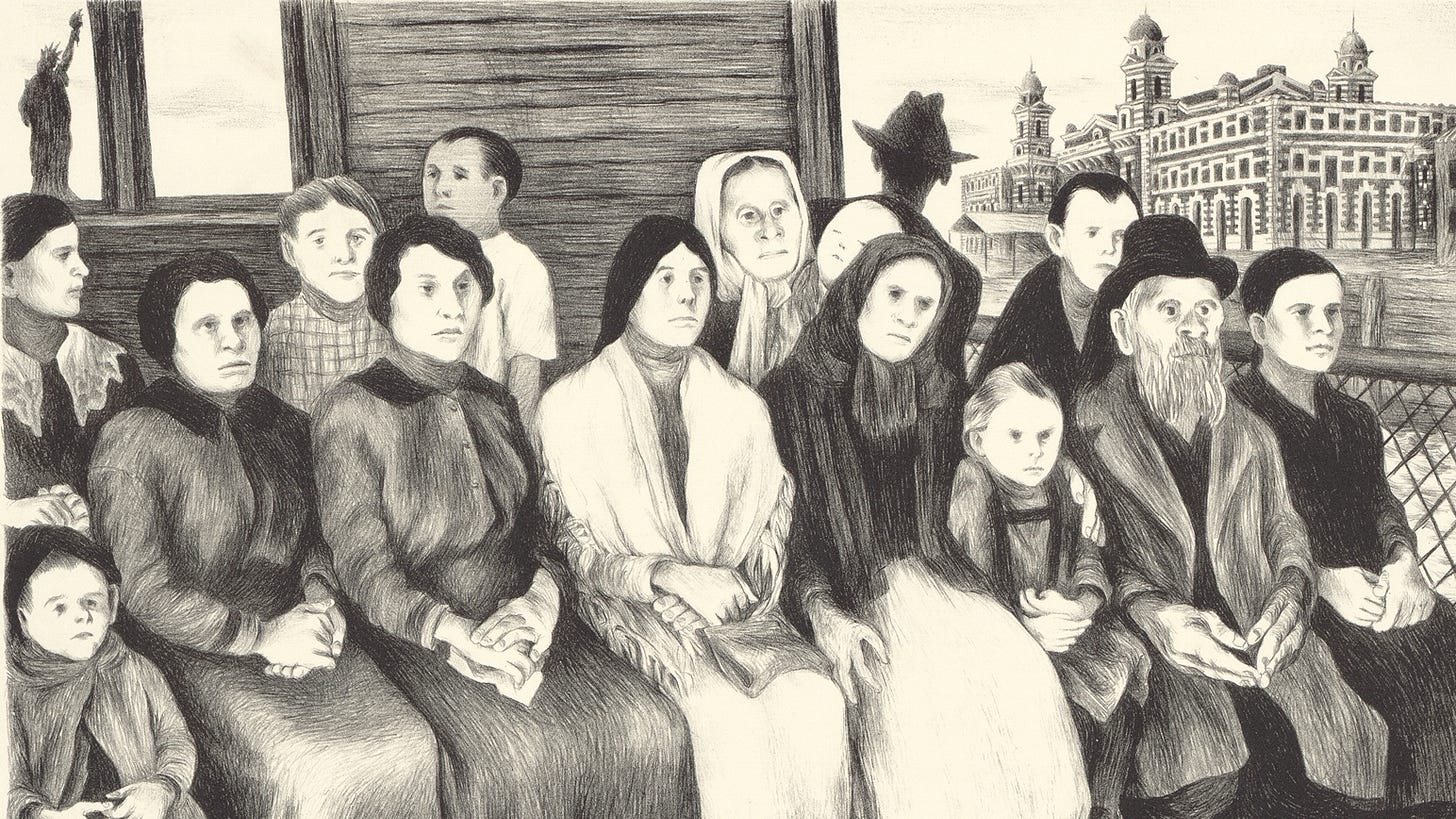Does Canada Exist?
Righteous idealism about immigration has wrecked the liberal project across the world.
David Polansky, our Canada correspondent (and more), on Justin Trudeau’s political failure, and what we can learn from it.
— Santiago Ramos, Executive Editor





